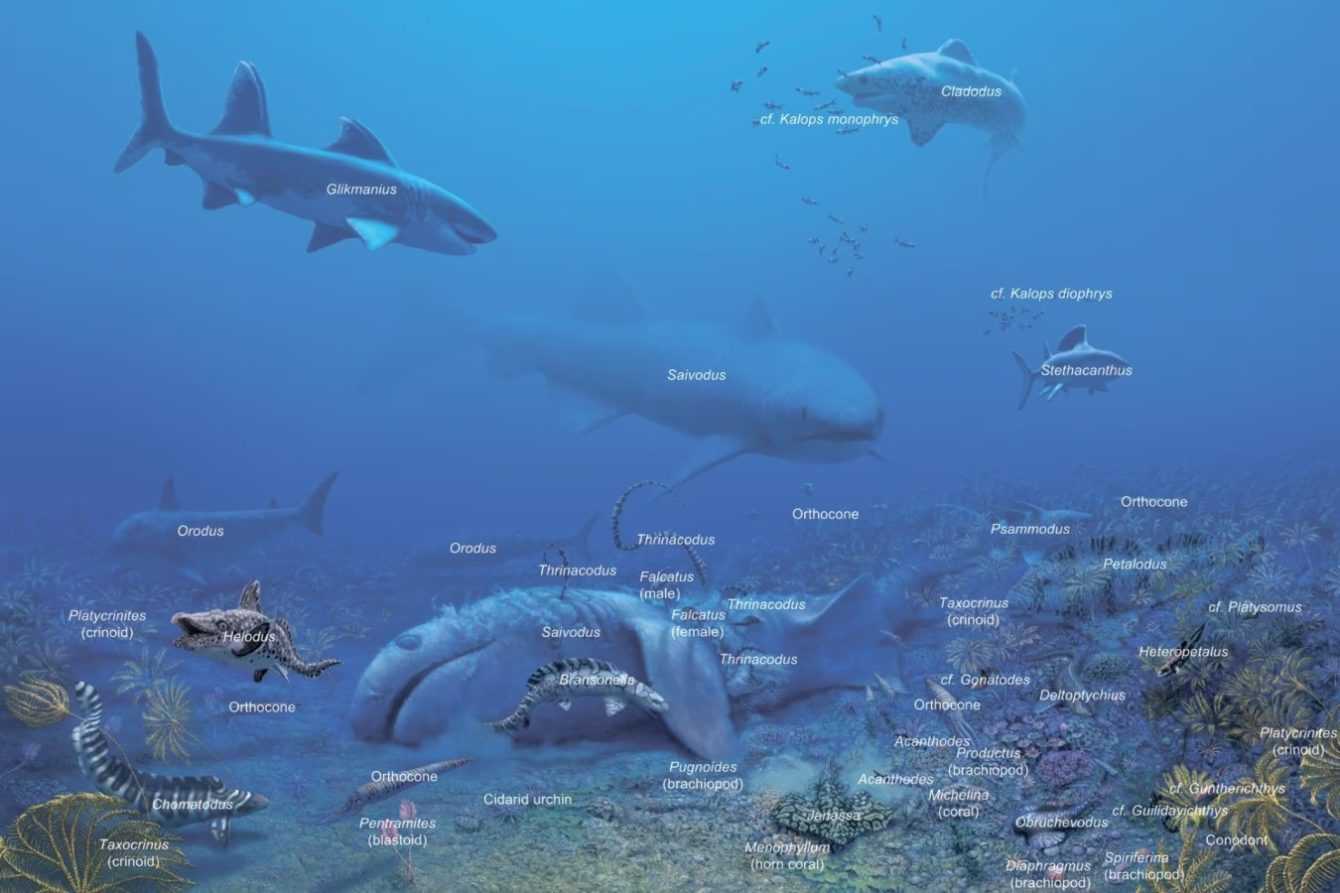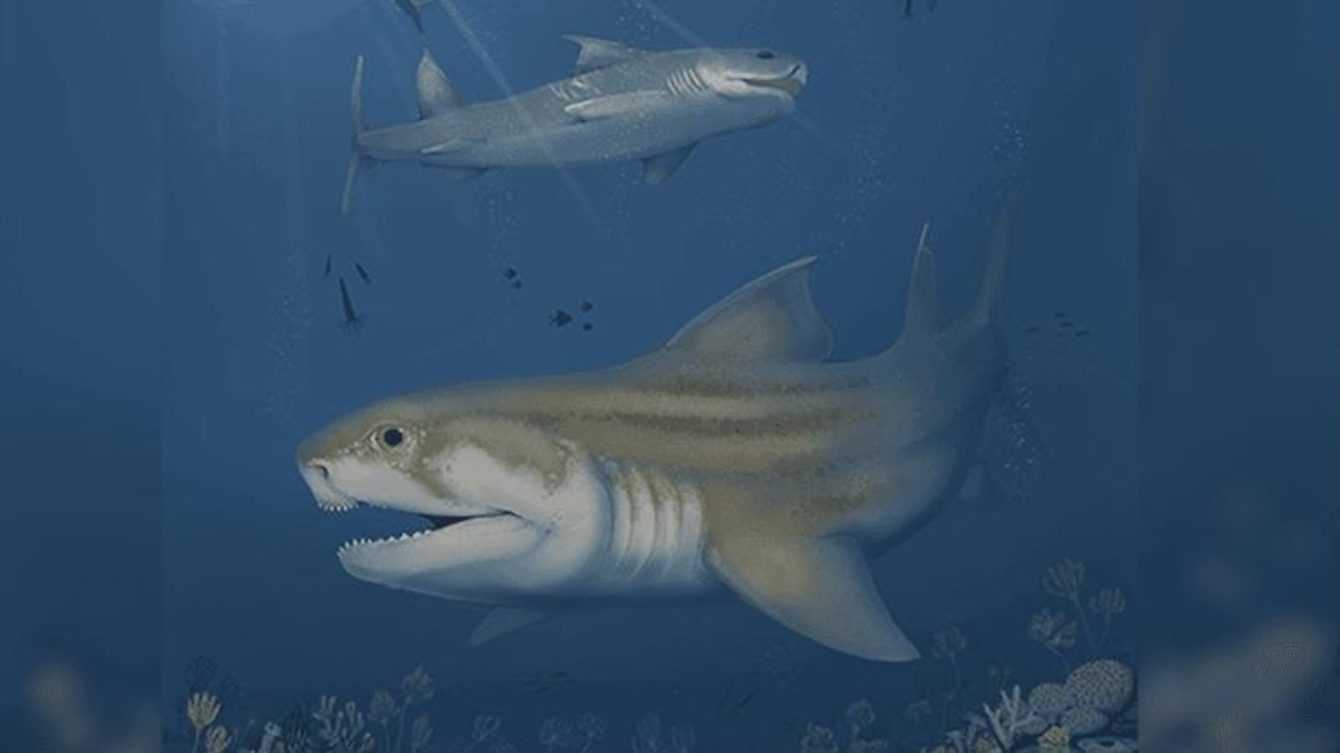In the United States, the recent discovery of several prehistoric shark species has given scientists valuable insights into how these animals survived and adapted over time.
Over the past week, several studies have revealed new species of prehistoric sharks found in United Statesopening a window onto the past ofprimordial ocean. These finds, coming from deposits in different states, allow us to explore the depths of the Carbonifero (359-299 million years ago) and the very first Paleocene (65-64 million years ago). One of the first studies, published in Parks Stewardship Forum by Californian researchers from the University of Berkley and the University of Alabama, has identified two new species of ctenacant sharks lived in what is now Kentucky during the Carboniferous. These finds, found in Mammoth Cave National Parkhave revealed unique morphological characteristics compared to modern species, such as separate dorsal spines and less elastic jaws. The two newly discovered species, Troglocladodus trimblei and Glikmanius careforum, inhabited waters near the coast of what is now the United States beyond 325 million years ago. These sharks, with dimensions comparable to those of whitetip sharks, were powerful predators, capable of hunting a wide range of prey.

Prehistoric Sharks: The second study was conducted in Alabama
A second study, published in Fossil Recordidentified a new species of shark, Palaeohypotodus bizzocoi, which inhabited the waters ofAlabama during the Paleocene. This shark, which survived the great extinction of the dinosaurs, played a key role as a predator in coastal waters at the time.
The discoveries of these new species of prehistoric sharks provide important insights into the ocean life after mass extinctions, allowing scientists to understand better evolution and adaptation of these fascinating creatures over the millennia. These studies not only enrich our knowledge of the past, but also offer valuable insights into how global events affect modern marine life.
Continue reading techgameworld.com so you don’t miss the latest science-themed content, but not only that. Follow all the updates!
















Leave a Reply
View Comments